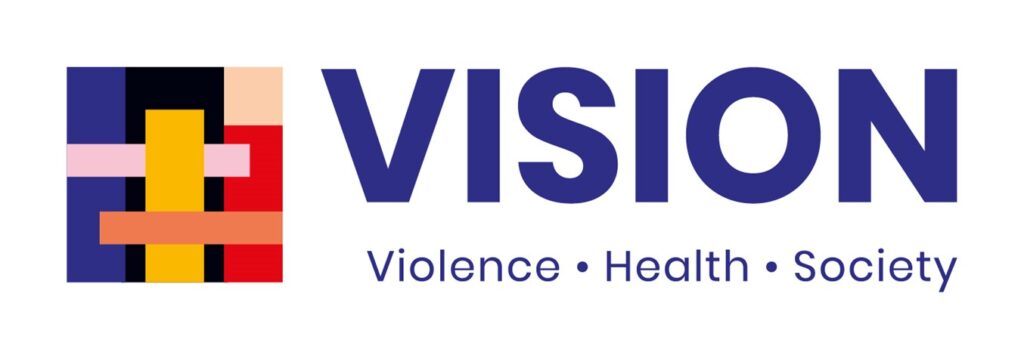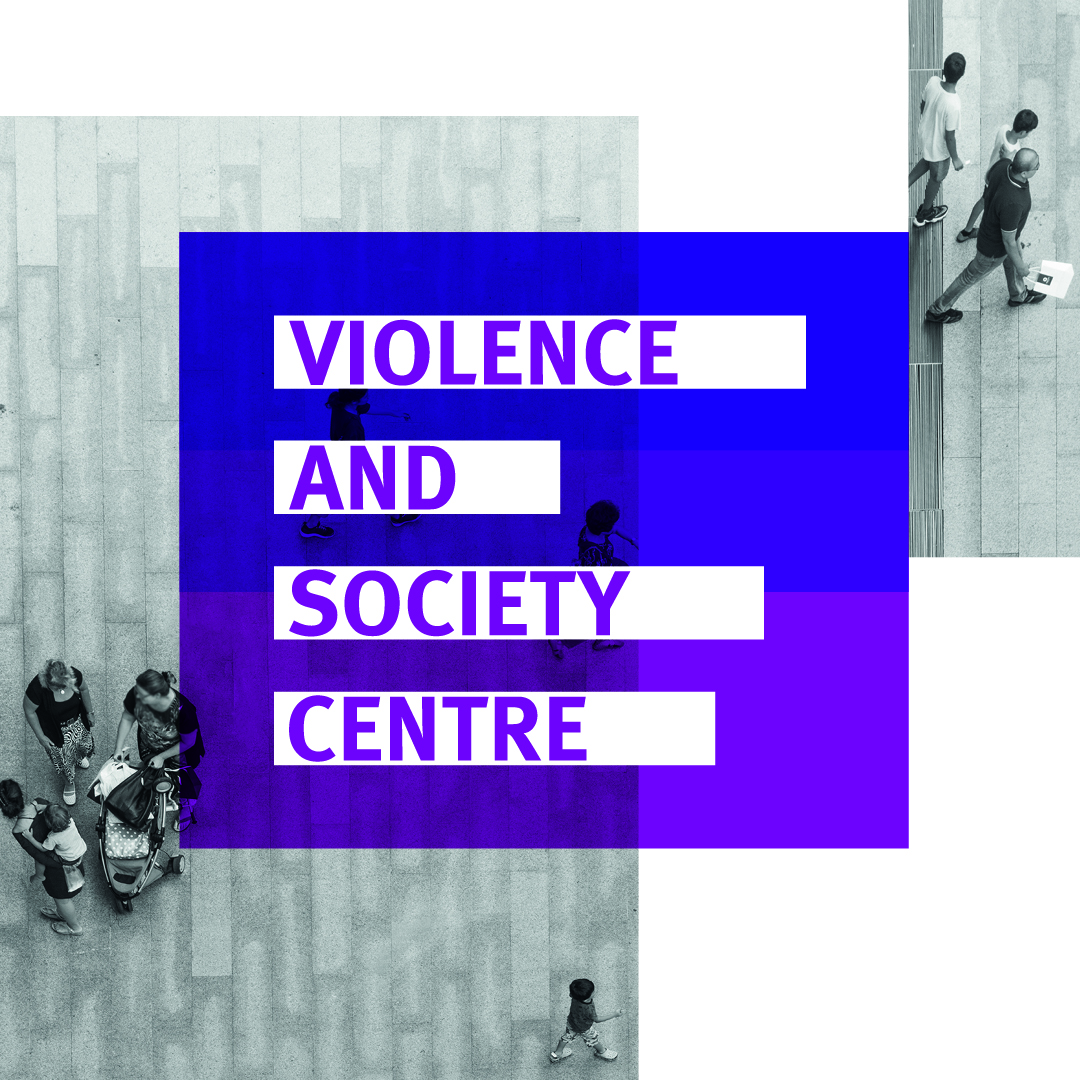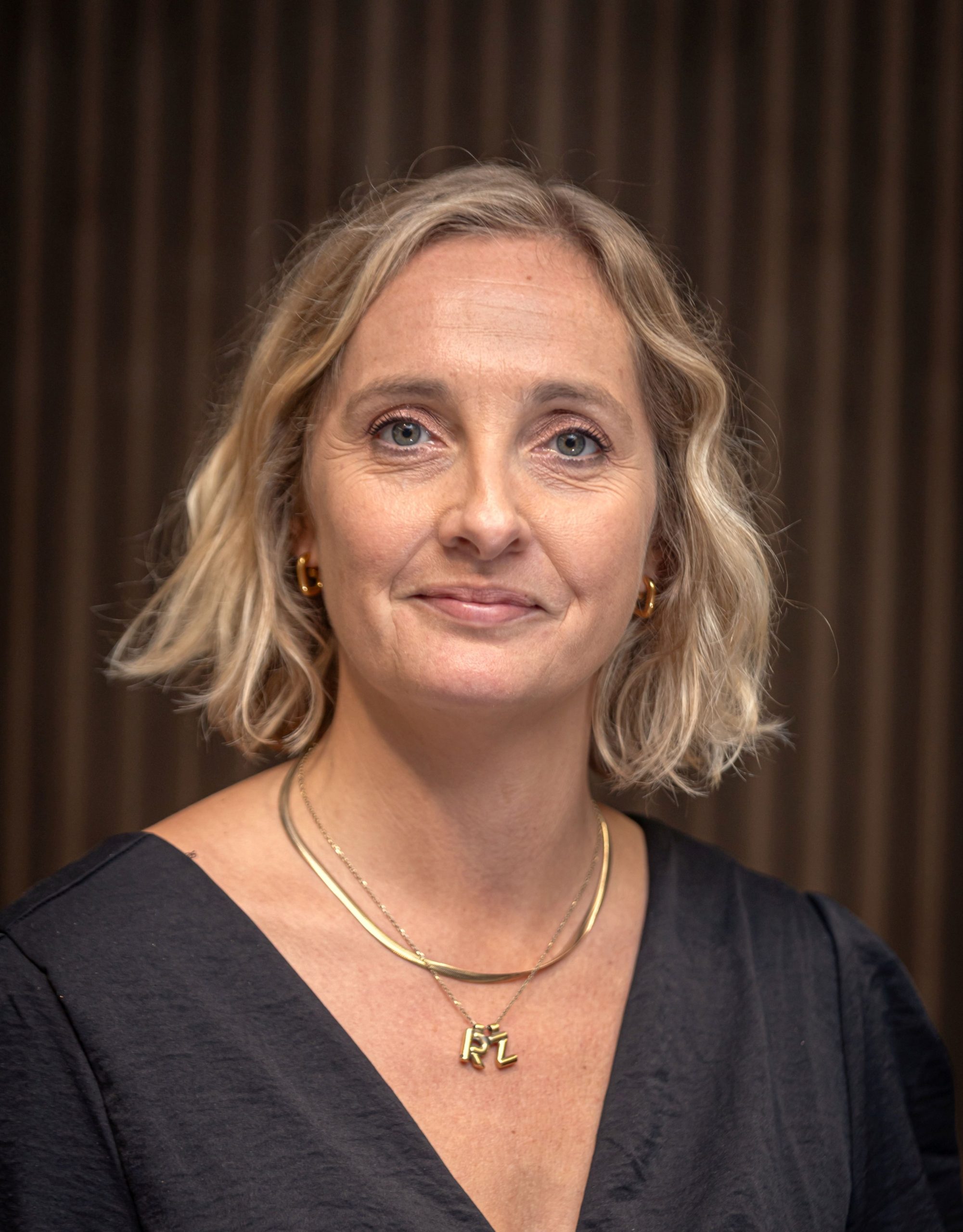by Justin Coleman, Violence, Abuse and Mental Health Network
The UK Prevention Research Partnership VISION consortium’s 4th annual conference on violence prevention was a truly impactful day. As part of the Violence, Abuse and Mental Health Network Lived Experience Advisory Group (VAMHN LEAG), representing a lived experience perspective, I found the discussions both thought-provoking and essential. The event skilfully blended academic rigor, professional expertise, and, crucially, profound lived and learned experience, prompting vital questions about how we truly move forward in creating a more inclusive and effective violence prevention landscape.
The Imperative of Inclusive Practice: Who Are We Really Serving?
A key takeaway was the urgent need for radical inclusivity. While Violence Against Women and Girls (VAWG) was rightly highlighted and the clear and marked volume and % percentage numbers are stark, I question if we’re inadvertently creating gaps for other survivors. As a male survivor of abuse, as a child, I wonder if our messaging and funding focus heavily on one demographic, how do we ensure male survivors, LGBTQ+ individuals, and marginalised communities (young and older) feel seen and supported? True trauma-informed practice, to me, means moving beyond “what’s wrong with you?” to “what happened to you?” for everyone who is impacted by all forms of violence and abuse. No matter who you are, this simply shouldn’t happen to anyone.
Data, lived experience, and investment: Are we looking at the full picture?
The power of data in policy was clear, but it also raised concerns. Are investment strategies relying on outdated statistics? If resource allocation isn’t based on continuously updated, comprehensive data, are we truly capturing the evolving landscape of violence and the needs of all survivors today? Quantitative data alone can miss nuanced realities that lived experience and ethnographic insights provide. We need a dynamic balance where current lived realities inform and refresh our understanding, ensuring our leadership is deeply connected to ‘our’ diverse lived experiences.
Redefining safety and dignity: Beyond the checklist
The concept of “safety” in support spaces commented on at the conference resonated deeply. Can we ever guarantee “safety,” or should we strive for environments that are continually “safer” and more “supported”? This shift moves us beyond ticking a box to an ongoing commitment. The most impactful word was “dignity.” Shouldn’t ensuring dignity be a fundamental aim at every stage of a survivor’s journey, enabling genuine opportunity for healing and empowerment?
Breaking silos: The path to unified prevention
Effective violence prevention demands a cross-government, cross-sector approach. We need to collaborate beyond our immediate professional bubbles, integrating insights from areas like the criminal justice system to inform victim services. While “whole-family” approaches were discussed, I questioned if we can expand this to truly embrace “whole-community” approaches, ensuring LGBTQ+ individuals, isolated people, and every member of society has an equitable voice and space in prevention, responsibility, and repair.
Moving forward: A collective responsibility
This conference was a crucial step, bringing vital voices to the table. The co-produced animation with VAMHN and SafeLives, available on the City St George’s University of London YouTube channel, https://youtu.be/z6LbYDGfBZw?si=3-tJYXDqLfM16pE-, is an excellent resource for understanding lived experience engagement. To truly mobilise an effective cross-government response, we must continue to ask:
- Are our investment decisions agile enough to respond to current data and the evolving needs of all survivors?
- Does promoting the financial cost of crime and low conviction rates discourage reporting?
- How can we ensure every violence prevention initiative is genuinely trauma-informed and inclusive, making all children, male, LGBTQ+, and all marginalised survivors feel equally seen, heard, and supported? What is the cost of not being inclusive?
- Are we creating enough opportunities for genuine connection and partnership across diverse stakeholders at events like this, rather than just delivering information?
- Are we bravely embracing “safer” and “dignity” as guiding principles, continuously improving how we support survivors?
- Are we actively breaking down silos to build robust and equitable prevention and support systems?
The future of violence prevention depends on challenging existing paradigms, embracing inclusivity, advocating for trauma-informed practice and care, and working together from all perspectives with updated knowledge and a shared commitment to a safer journey towards dignity for all. This VISION conference stimulated valuable questions and directions, strengthening my determination to build connectivity, dignity, and safer spaces for survivors.
To read the latest Violence, Abuse and Mental Health Network newsletter: June VAMHN newsletter
Photograph licensed under Adobe Stock subscription



